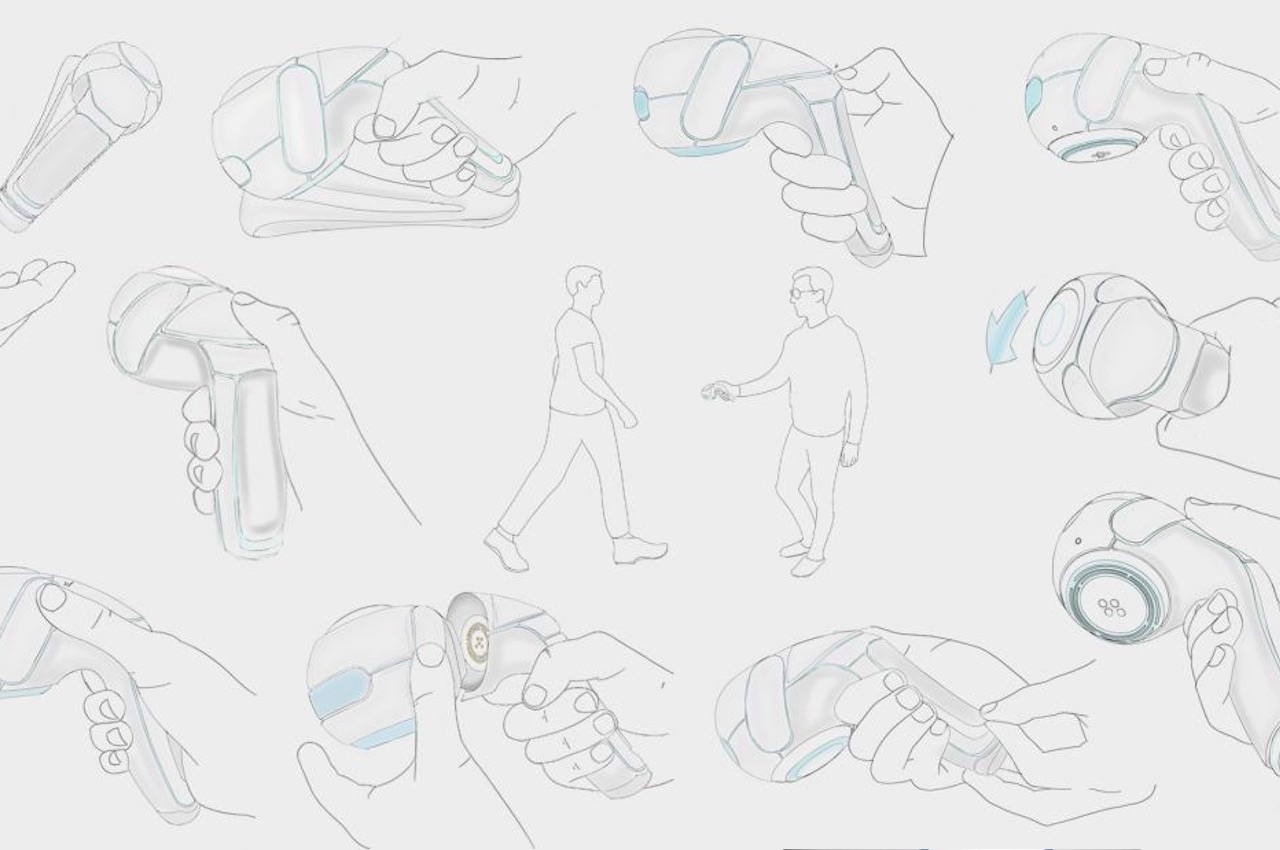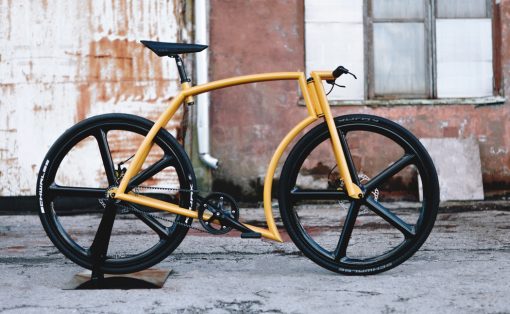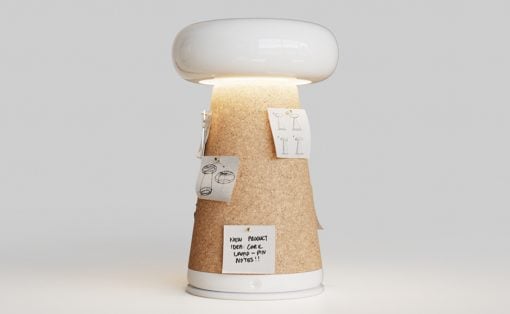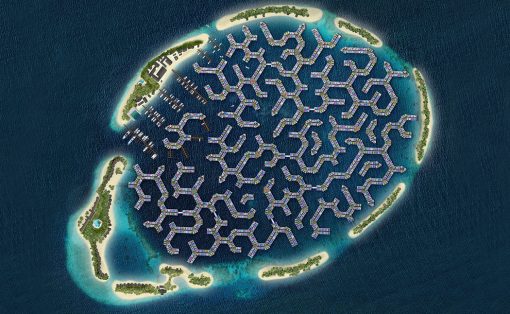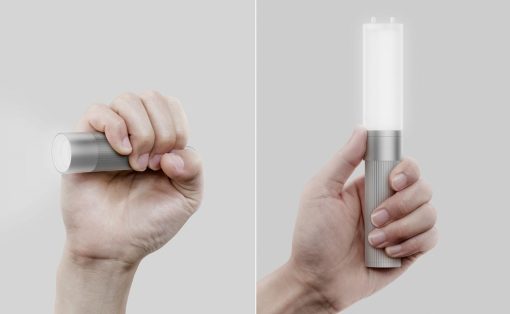The 2022 Design Intelligence Awards season is here. This means we’ll hear about new, interesting, and intelligent designs that we know someday will prove very useful.
A couple of weeks ago, we mentioned the DIA Award as a program where creatives and designers are free to submit their work and hopefully get funding. As China’s premier awards program, it aims to discover good design ideas and develop them. It’s all about entrepreneurship and innovation as plans can turn into actual, working products that will grace the consumer market.
Designer: Anthony Camu
Click here to enroll for the 2022 Design Intelligence Awards FOR FREE!
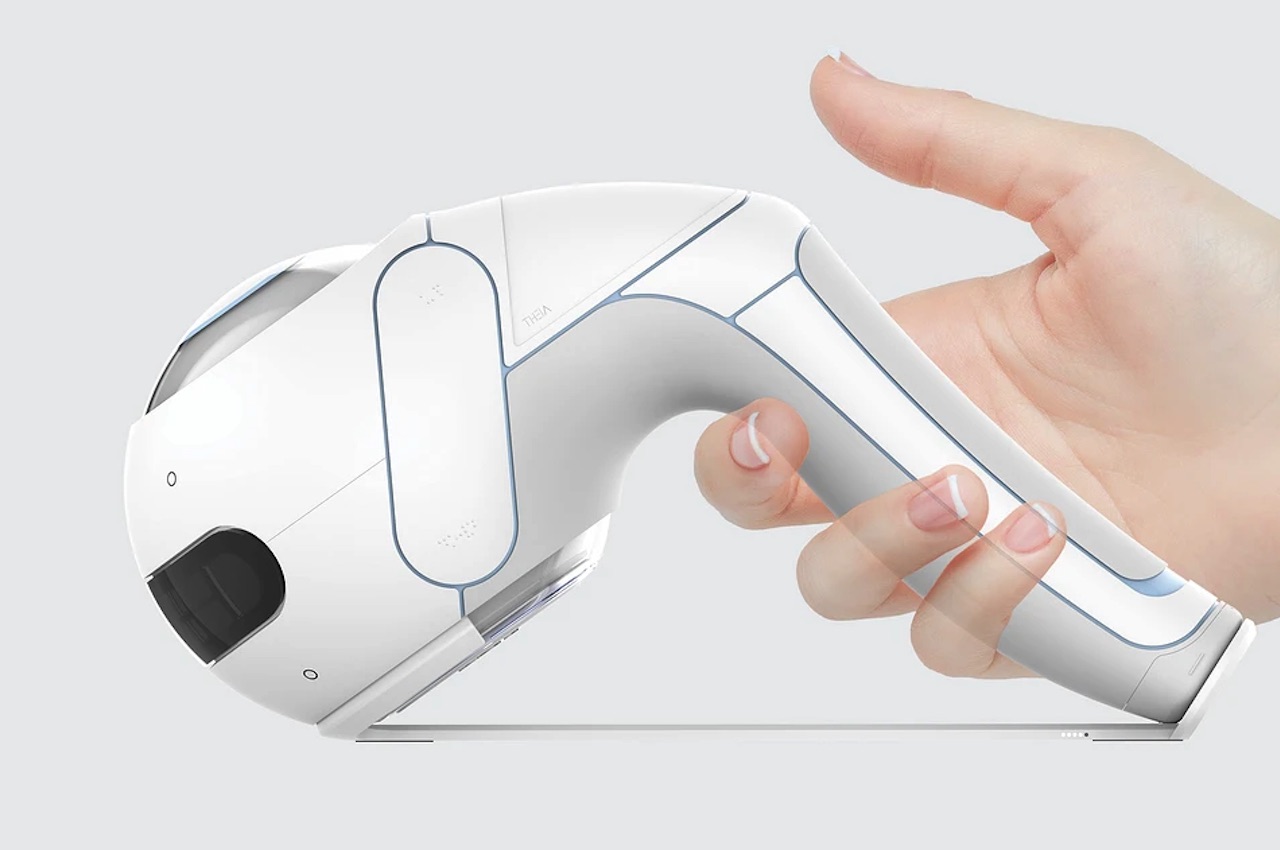
With a total prize fund of $750,000 USD (¥5 million RMB), the DIA 2022 aims to discover new talents and designers. The judging process includes looking at the products if they follow the Principles of Design which refer to a technicality, aesthetics, functionality, sustainability, and user experience. The next layer is the Direction of Design which pertains to a product’s contribution to the future, humanity, and the industry. Finally, Impact of Design refers to a concept’s industrial development and social influence.
Hundreds of designers have submitted their entries through the years, and we have seen quite a few notable designs. In 2020, industrial designer Anthony Camu introduced Theia. It’s a concealable and portable handheld device that can guide people through different environments. It’s like having an electronic service dog sans the risk of allergies and the responsibility of owning a pet.
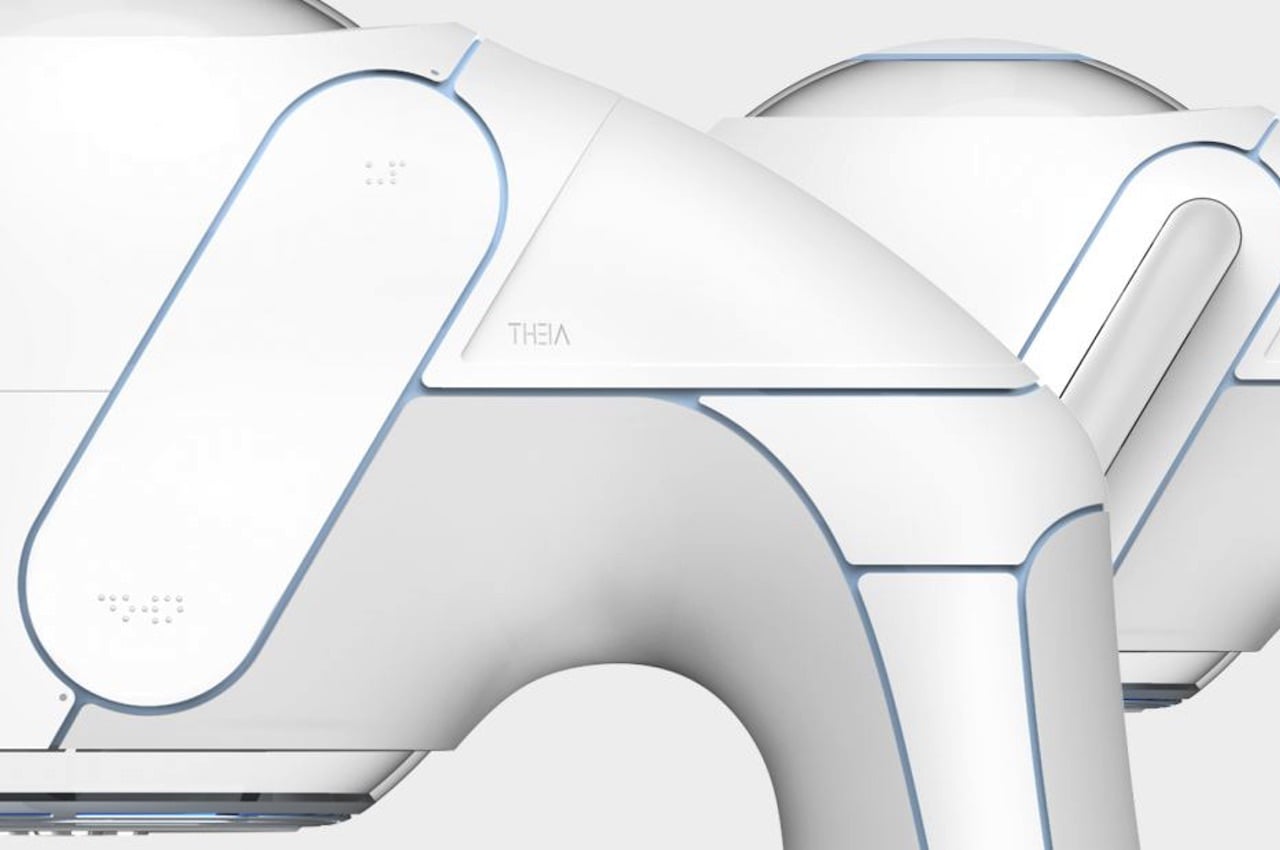
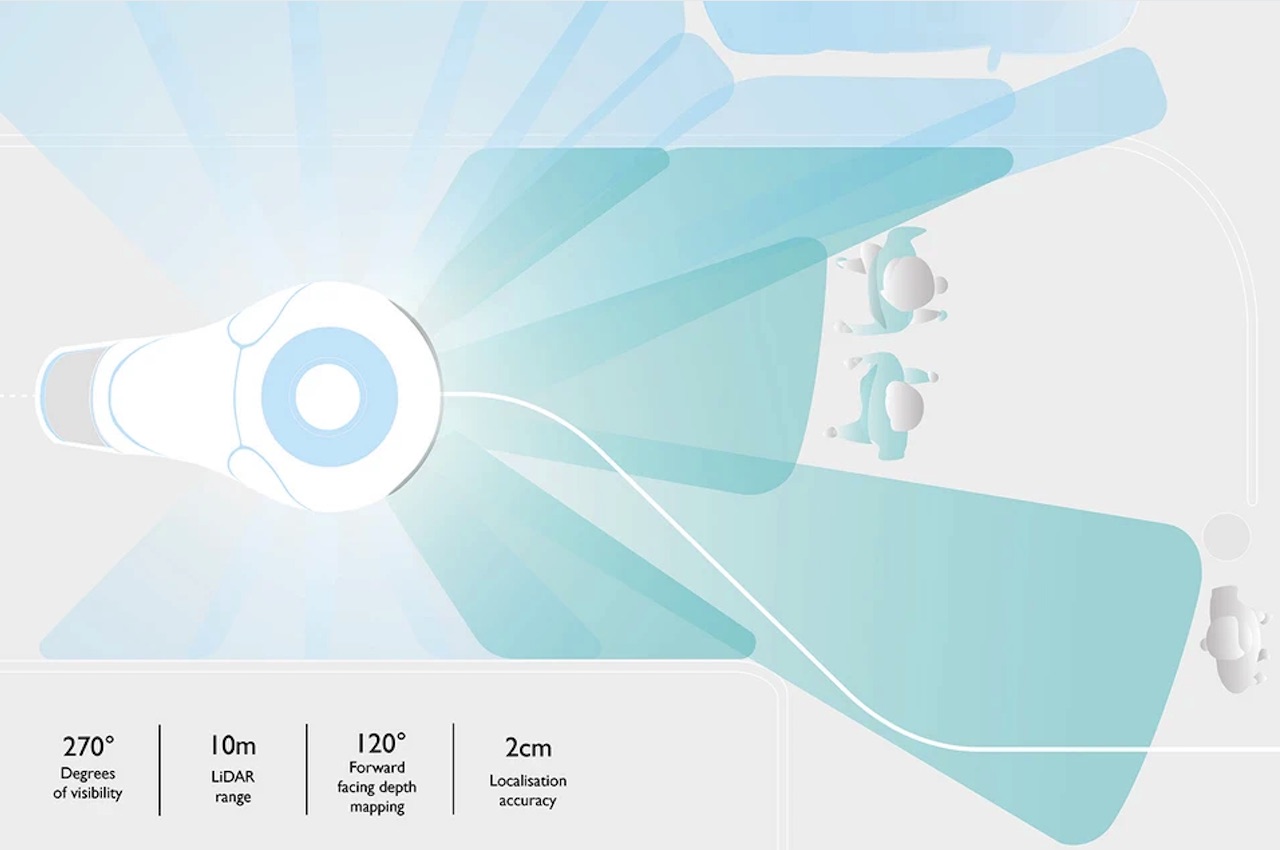
As an Industrial Design and Technology student, Anthony Camu worked on something that could replicate what a guide dog could do. He developed this “autonomous guidance device for the visually impaired” for his final year project. The description alone tells us it is one very useful device.
‘Theia’ is a handheld device inspired by VR gaming consoles. Camu’s project was recognized at last year’s Design Intelligence Awards. It received an Honorable Mention as it made an impression with its many benefits. The product is also described as a handheld situational awareness and guidance device ideal for the visually impaired. Its advantages include sensor fusion, accurate navigation, big data, gyroscopic feedback, and machine learning. All these and more help a user’s walking pace improve by over 200%.
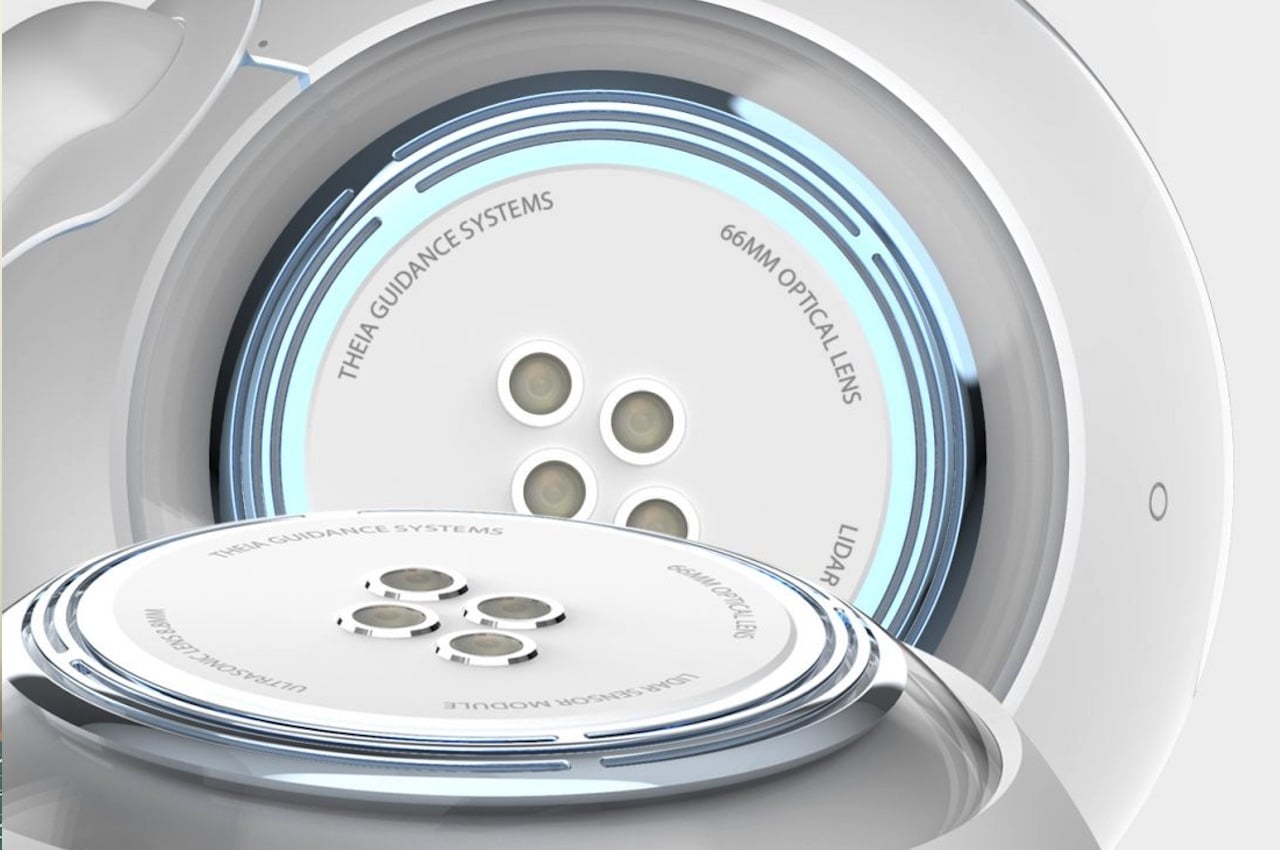
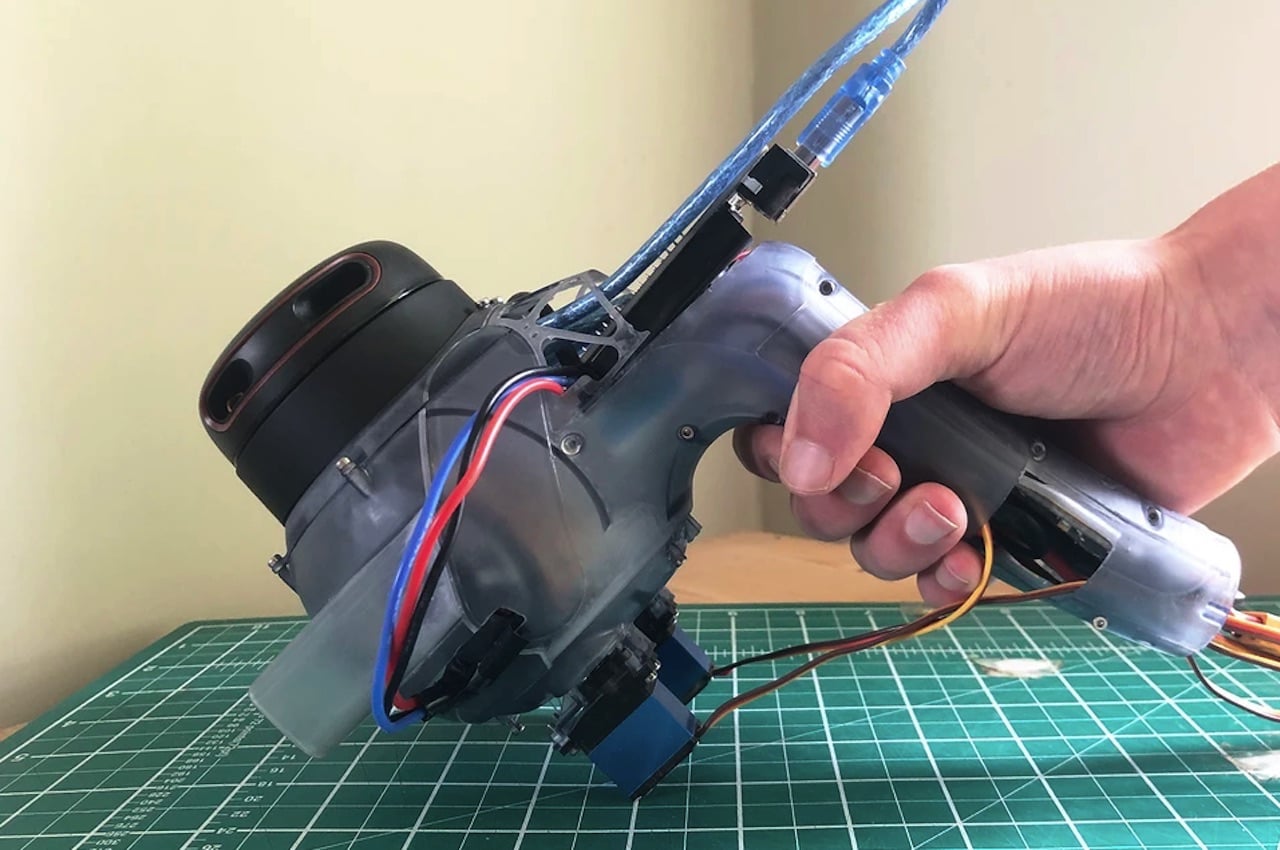
With very little user input, Theia acts like an autonomous device that benefits the user. It can be programmed with routes to different destinations and even avoid accidents. It works by simply saying: “Hey Theia, take me to _______.” Theia will then take you to a saved destination.
Theia can do a lot as an IoT device. The internet of things feature allows the device to process data in real-time. It can tell you the traffic density and weather. It can assist a person when he needs to step on elevators, shops, entrances, and even pedestrian crossings. Even those busy intersections are not so scary anymore to cross with Theia.
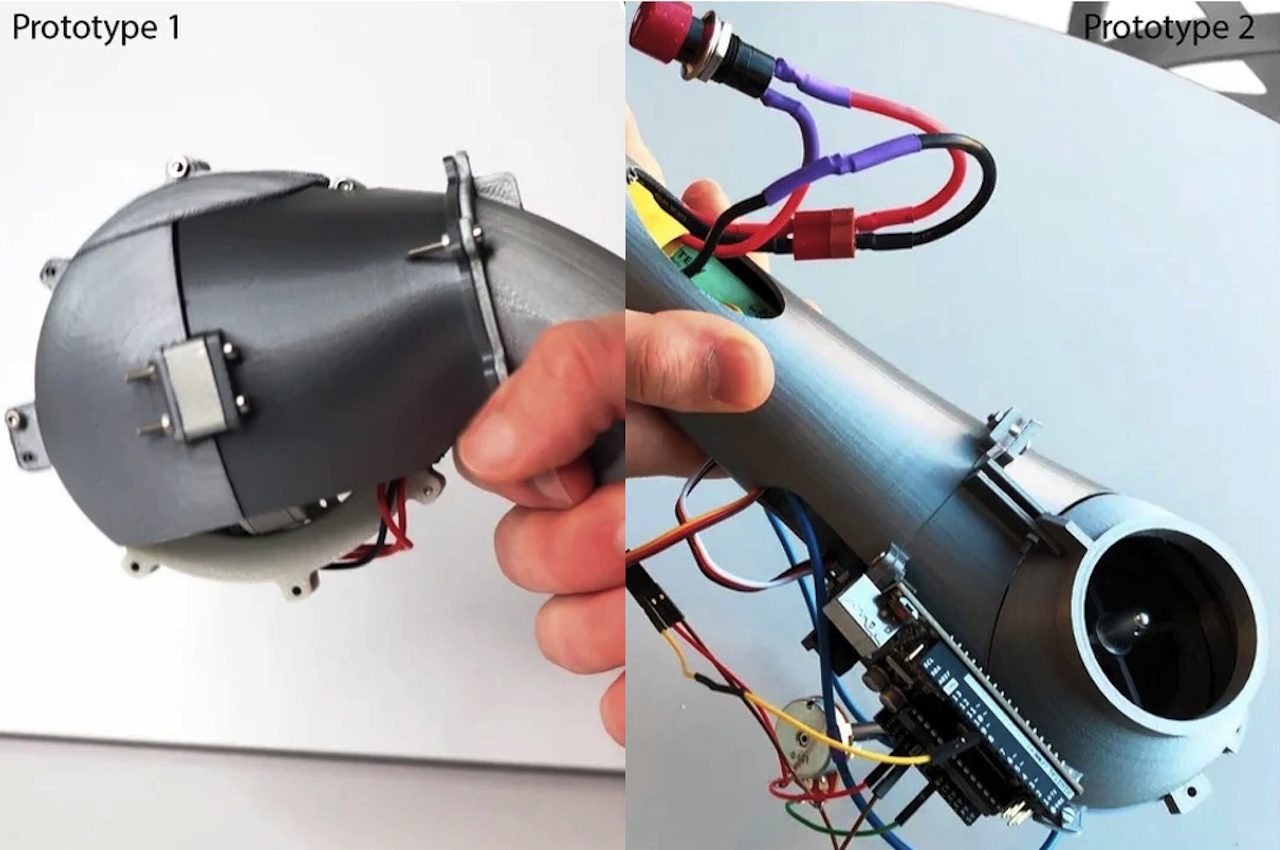
Theia is like having a digital cane, but this one can pull you. It tells you what you need to know and makes you aware of your surroundings. The device is designed with a remote sensing method that uses cameras and light. It is powered by built-in processors and uses a control moment gyroscope (CMG) technology. The latter is the same tech used in space vehicles and satellites.
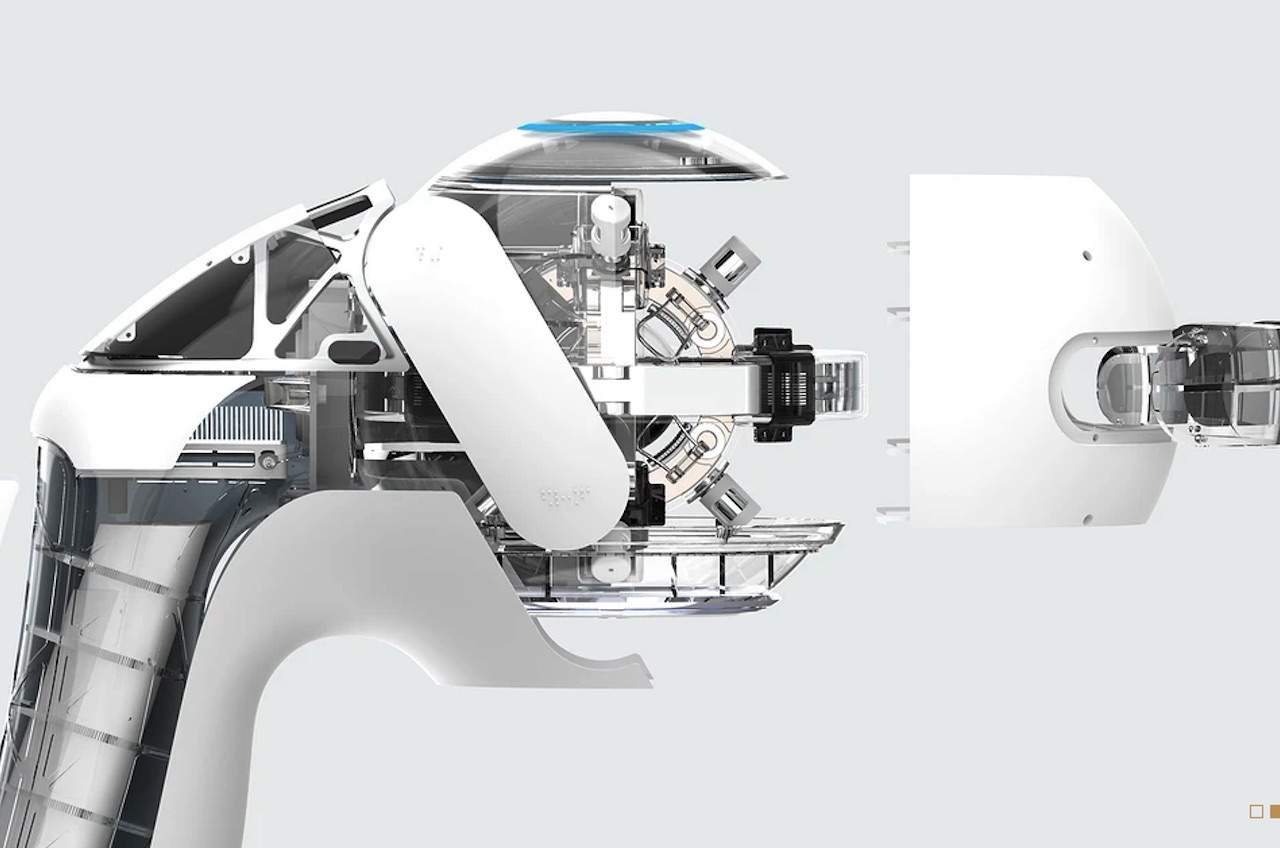
If you have ideas similar to Theia, you can submit them to the Design Intelligence Awards. You can receive funding to see your concept or prototype finally go into production. Click here to enroll for the 2022 Design Intelligence Awards FOR FREE!
